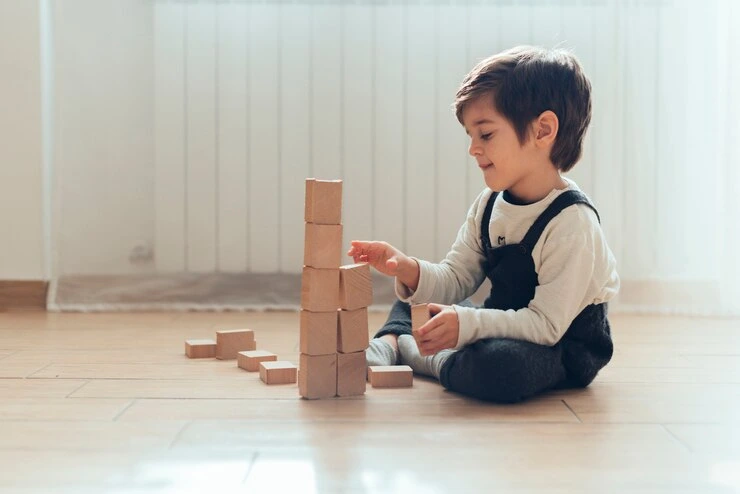
Blog
The Power of Play: How Playtime Enhances Child Development

A visit from a baby or young child makes one’s day due to their playful nature at that tender age. From infancy up to the teenage years, playtime is an important yet recommended area in a child’s life by pediatric professionals that extends beyond simple enjoyment.
Playtime at any level will go a long way in ensuring the healthy development of your child. It creates a space in which holistic growth is combined with physical, cognitive, and social developmental benefits.
How Playtime Helps Your Child
Playtime has an important role in your child’s development. During infancy, the brain of the child is still growing and can develop several sensory and neuron connections. Engaging different aspects like physical movement, and the use of imagination, etc. of the child makes him learn and develop holistically. Your pediatric doctor may also get an idea about the child while responding to playtime.

Benefits
Physical development through crawling, jumping, and running. Various other movements and actions develop fine motor skills, muscular growth with balance and coordination, and dexterity. Any deformity or limitation noted here may still allow for early treatment by a pediatric surgeon before it develops further.
- Such playtime activities with others or groups can build self-expression and communication. Children learn to communicate with others and build their comprehension ability, learning to self-express. As they grow older, activities can evolve to enhance literacy and learning skills.
- Play helps your child to build confidence and develop emotionally. By creating a light-hearted, safe environment for the child, he can experience fun and feel loved, both of which are very important during development years.
- Another major benefit that children derive through playtime is that it encourages imagination and creativity. A child feels limitless at this stage, and everything from role-playing to artistic avenues like painting helps in expressing and building their creativity.
Providing children with regular playtime replete with a variety of activities can go a long way in supporting holistic development that helps them all through their lives.
Types of Play
As your child grows, so will playtime. Where the child may be restricted in movement during infancy, their imagination can run quite wild. As they get a little older, activities like sports and games can add more avenues. There are two common types of play. These include freestyle and structured.
Freestyle or unstructured play
This is the type of playtime where a child is free to occupy their time doing whatever he wants. They may spend it alone doing certain activities like building blocks, playing with household objects, or role-playing.
Structured play
In contrast, group board games, sporting activities, and classes led by an adult all comprise structured play. Although freestyle play is great for allowing children to use their imagination and express themselves, incorporating various forms of structured play at different ages can aid in a child’s healthy development. The best pediatrician in Kolhapur will be able to guide you regarding the different types of plays that best suit your child.
Play is a fun way to help your child develop. But if you are concerned that your child seems uninterested in playing or won’t do the things children of this age can do, discuss your concerns with your pediatrician.
